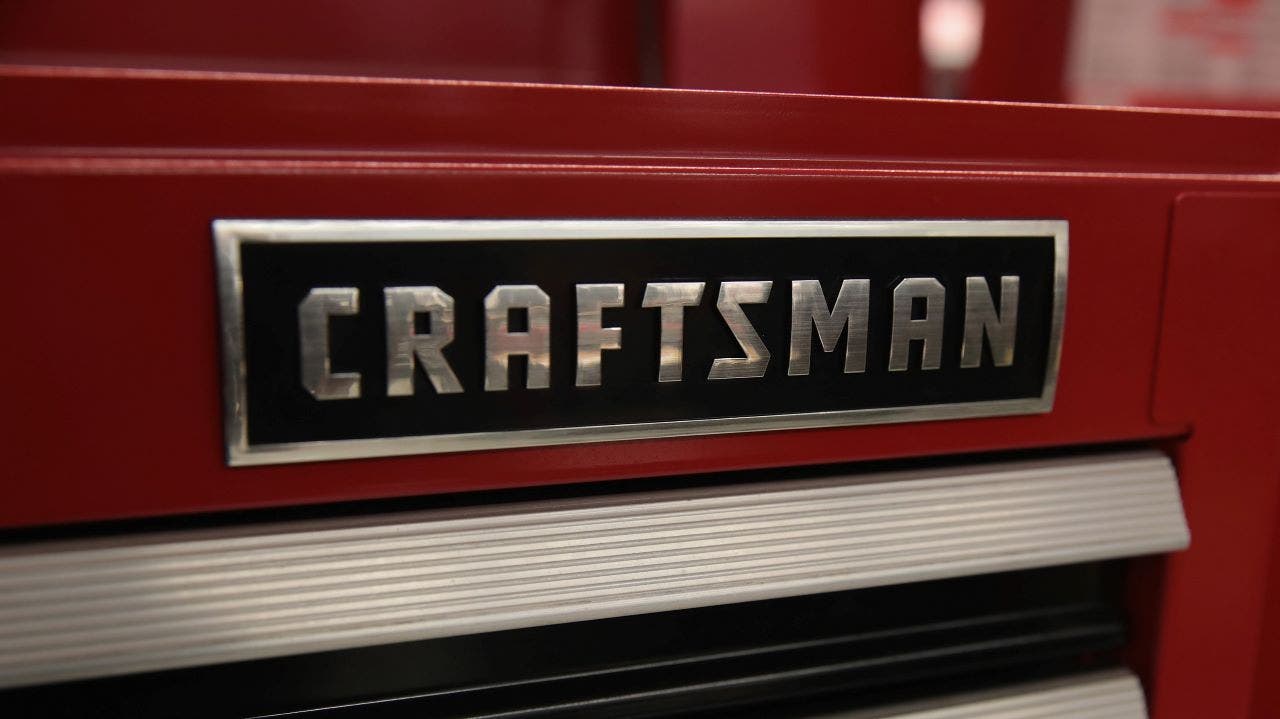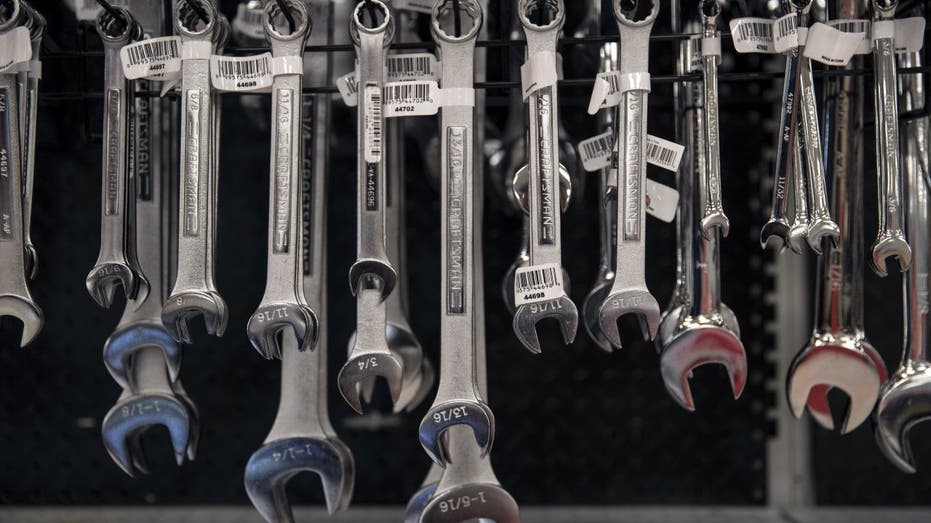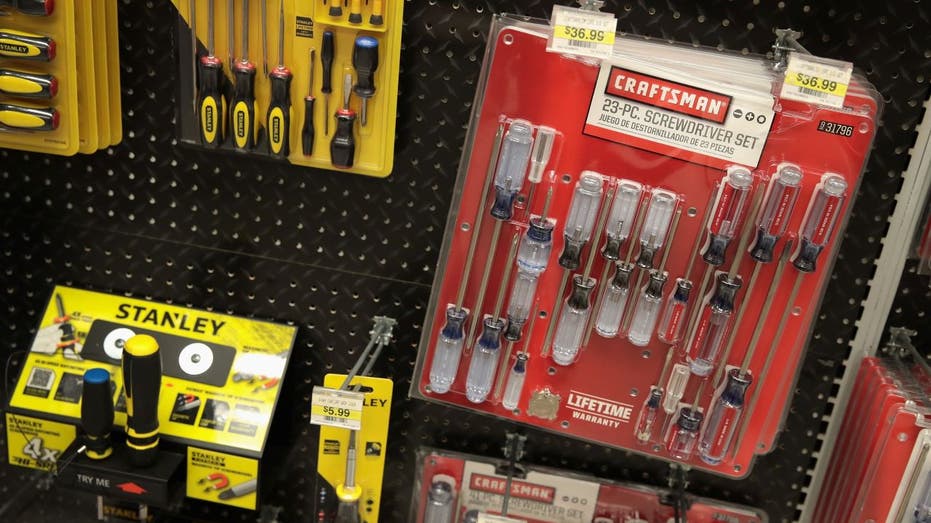Finance
Craftsman factory in Texas shows challenges of reshoring manufacturing

The unsuccessful effort to launch a highly-automated factory for Craftsman tools in the U.S. underscores the challenges American businesses face in bringing manufacturing back from overseas.
Craftsman, the world’s largest tool brand, owned by Stanley Black & Decker, initially announced in 2019 that it would build a $90 million facility employing up to 500 workers in Fort Worth, Texas. The effort was viewed as an opportunity to showcase Craftsman products being “Made in the U.S.A.” with cutting-edge manufacturing technologies to make the automated factory competitive with overseas facilities that use more manual processes.
The factory was slated to be in production 18 months after the groundbreaking. However, the pandemic and supply chain challenges threw those plans into disarray, and deficiencies with the technology intended to help automate its manufacturing processes prevented the plant from ever reaching its full potential. In March 2023, Stanley announced that the Craftsman plant in Fort Worth would be shuttered.
CHIPMAKERS PUSH BACK ON US RESTRICTIONS ON SEMICONDUCTOR EXPORTS TO CHINA
A spokesperson for Stanley Black & Decker told FOX Business, “We endeavored to make Craftsman mechanics tools in a new and innovative way. The events of Covid and supply chain challenges, coupled with technology that did not meet our expectations, resulted in the discontinuation of operations.”
Former employees told the Wall Street Journal that the pandemic prevented proper testing of machinery that was integral to the company’s automated vision for the factory. That prompted the company to choose between making adjustments by getting new tooling from overseas in the hopes of fixing it – a process that could take weeks – or running the machine at half capacity, which would have undercut its cost-effectiveness.
TESLA COMPLETES FIRST CYBERTRUCK AFTER YEARS OF DELAYS

As planned, the factory was to produce sockets, ratchets and wrenches. But issues with heat treating the tools, which sometimes came out of the machinery with excess metal that made the tools misshapen, inhibited the factory’s output. Former employees including tooling designer Greg Heltne told the Wall Street Journal that while the factory made thousands of sockets, shortages of ratchets and wrenches had an impact on sales.
“When the customer says, ‘I want everything I ordered’ and we can’t deliver it, there’s not much that can be done,” Heltne told the Journal.
AI HELPING REMOVE CHINESE GOODS MADE WITH UYGHUR FORCED LABOR FROM CORPORATE SUPPLY CHAINS

Craftsman’s corporate parent company, Stanley, was forced to make cutbacks in 2022 as its stock fell in part due to a decline in tool sales from their pandemic highs which caused inventory to pile up. That led to layoffs at the Fort Worth facility, which had about 175 workers – well short of the 500 employees originally envisioned – at the time the shutdown was announced in March.
| Ticker | Security | Last | Change | Change % |
|---|---|---|---|---|
| SWK | STANLEY BLACK & DECKER INC. | 97.13 | -0.46 | -0.47% |
The Fort Worth factory had been projected to make 60 million tools per year, but after the plant was closed it was unclear whether full sets of Texas-made tools made it to consumers. A Wall Street Journal reporter on Monday bought an 88-piece set at a Lowe’s near Chicago which contained a card reading, “Forged in Texas.” Though the set was purchased for $89.98, the relative scarcity of tool sets made at the plant has turned them into collectors’ items, with some eBay vendors seeking double that amount.
Craftsman was acquired by Stanley from Sears in 2017 for $900 million, which then-CEO James Loree said was a chance to “re-Americanize” the brand. Several other U.S. facilities belonging to Craftsman and rival toolmaking brands continue to produce tools, although they generally involve more manual tasks in the manufacturing processes than what was attempted at the Fort Worth facility and more in line with Craftsman tools made at plants in Asia.
Nick Pinchuk, CEO of premium tool brand Snap-on, told the Wall Street Journal that the company’s U.S. factories had a roughly 100-to-1 ratio of workers to robots in 2010 which has shrunk to 8-to-1 through a process that helped the company better understand which roles are better suited for humans versus machines.
“Sometimes the ease of installing automation is a little bit overestimated,” Pinchuk told the Journal. “Where that comes from is, people don’t really understand how the product is made in the first place.”
Read the full article here

-
Uncategorized14 hours ago
Kəşf Etmək Binance Coin Kazino Saytları Dünyasını
-
Uncategorized15 hours ago
The Increase of Dogecoin Casino Sites: An Extensive Introduction
-
Uncategorized11 hours ago
The Surge of Crypto Slots: A New Period in Online Pc Gaming
-
Uncategorized12 hours ago
High Roller Online Casinos: Inside the Globe of Elite Betting









